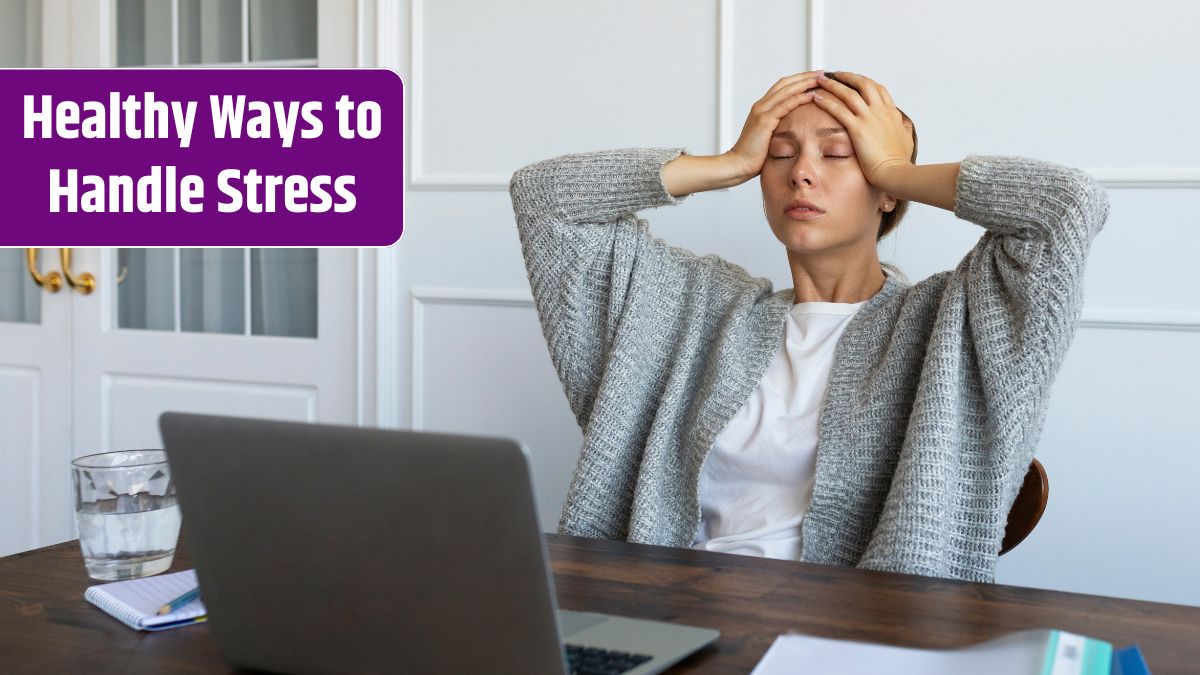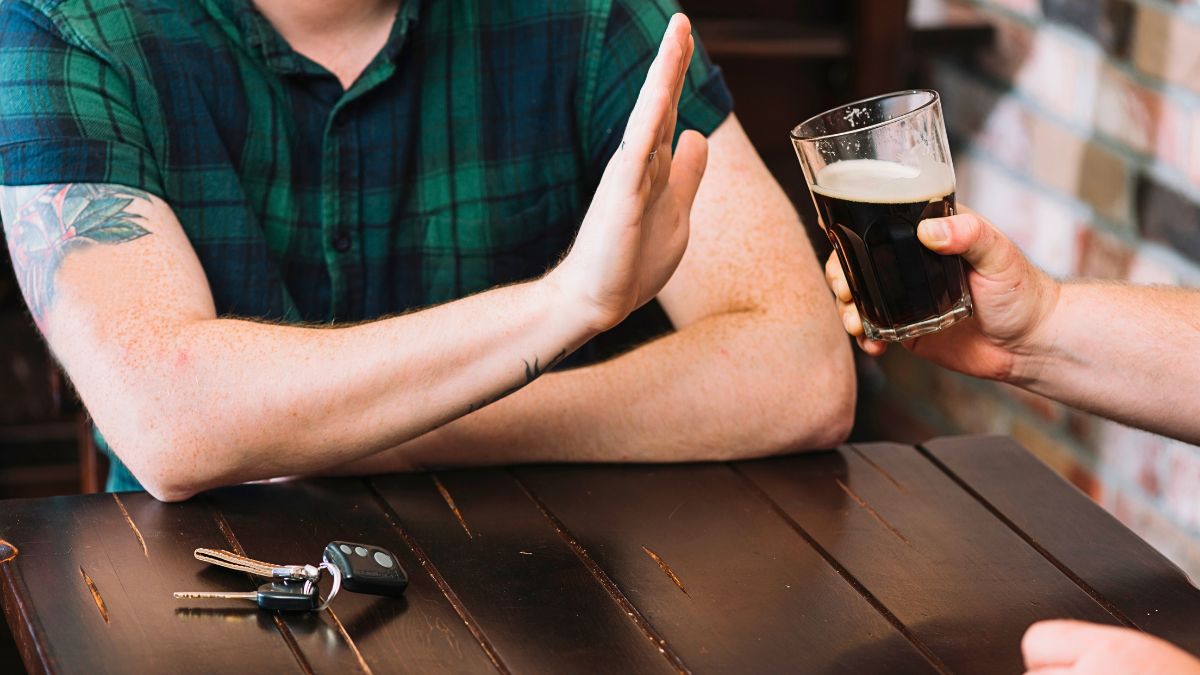Life gets overwhelming. Deadlines stack up, bills roll in, and personal issues don’t exactly pause. When stress hits, it’s tempting to look for a quick fix—like a glass of wine or a few beers. But relying on alcohol to unwind can quickly snowball into dependency. The good news? There are healthier, long-term ways to cope that actually reduce stress without adding more problems.
Exercise
Nothing clears your head like a good sweat session. Exercise triggers endorphins—your brain’s natural mood boosters. Whether it’s a brisk walk, a run, or a dance session in your living room, moving your body can burn off stress and anxiety better than alcohol ever could.
Even just 20 minutes a day can make a big difference. Plus, it helps you sleep better, improves confidence, and boosts your energy. Basically, it’s a win all around.
Meditation
Your mind needs downtime too. Meditation is like a mental reset button. It helps slow racing thoughts, calms your breathing, and gives you a break from the chaos. And no—you don’t need to sit cross-legged on a mountain to do it right.
Apps like Headspace or Calm make it easy to get started. Just five to ten minutes a day can help you feel more centered and less reactive.
Journaling
Grab a pen and let it all out. Journaling helps you process what’s stressing you out instead of just bottling it up. You don’t have to write a novel—just brain-dump your feelings, your to-dos, or even things you’re grateful for.
Writing can bring surprising clarity. You might discover what’s actually bothering you and what you can let go of. It’s therapy, minus the price tag.
Sleep
Lack of sleep makes everything worse—especially stress. When you’re tired, you’re more reactive, more emotional, and way more likely to snap. Prioritize rest by sticking to a routine, cutting off screens before bed, and keeping your room cool and quiet.
Skip the nightcap—alcohol might knock you out faster, but it messes with your sleep quality. Deep, alcohol-free sleep helps your body and brain recharge properly.
Nature
Feeling trapped in a loop of stress? Step outside. Nature has a calming effect on the nervous system. A walk in the park, sitting near water, or just some fresh air on your balcony can ease tension.
Researchers have even found that just looking at trees can reduce cortisol (that’s your stress hormone). Nature is basically the original stress therapist.
Support
You don’t have to handle everything alone. Talk to someone—a friend, family member, or therapist. Just saying out loud what’s on your mind can lift a huge weight. Other people might also offer advice or perspective that you hadn’t considered.
Stress thrives in isolation, but connection breaks the cycle. Don’t underestimate how powerful a simple heart-to-heart can be.
Hobbies
Remember that thing you used to love doing before life got busy? Do more of that. Hobbies give your brain a break from responsibilities and let you reconnect with what makes you happy.
Whether it’s painting, gardening, baking, or even puzzles—anything that absorbs your attention in a positive way can lower stress levels.
Nutrition
What you eat affects how you feel. Sugary, processed foods can cause mood crashes, while whole foods like leafy greens, fruits, nuts, and lean proteins can boost your mood naturally.
Hydration matters too—drink water before you reach for wine. You’ll feel more alert, less foggy, and better equipped to tackle your stress head-on.
Music
Ever notice how the right song can totally shift your mood? Music therapy is real. Listening to calming music—or even singing or playing an instrument—can help reduce anxiety and regulate emotions.
Make a go-to playlist for stressful days. Whether it’s classical, jazz, or your favorite throwbacks, music is a natural mood lifter.
Breathing
Yes, something as simple as breathing can change everything. Deep breathing slows your heart rate and tells your brain to relax. It’s a superpower we all have—and it’s free.
Try the 4-7-8 technique: inhale for 4 seconds, hold for 7, and exhale for 8. It works fast, especially in those overwhelming moments where you’d normally pour a drink.
Stress is part of life, but how you deal with it makes all the difference. Choosing healthy coping methods over alcohol doesn’t mean ignoring your problems—it means facing them head-on, clear-minded, and in control. Small changes can lead to big shifts. So next time stress comes knocking, skip the drink—and choose one of these strategies instead.
FAQs
Why is alcohol bad for stress?
It numbs feelings short-term but worsens stress long-term.
How does exercise help with stress?
It boosts endorphins, improves mood, and reduces tension.
Can journaling reduce anxiety?
Yes, writing helps release and organize stressful thoughts.
What’s a quick stress reliever?
Deep breathing or stepping outside can calm you fast.
Is music a real stress tool?
Absolutely, it can soothe nerves and uplift your mood.










